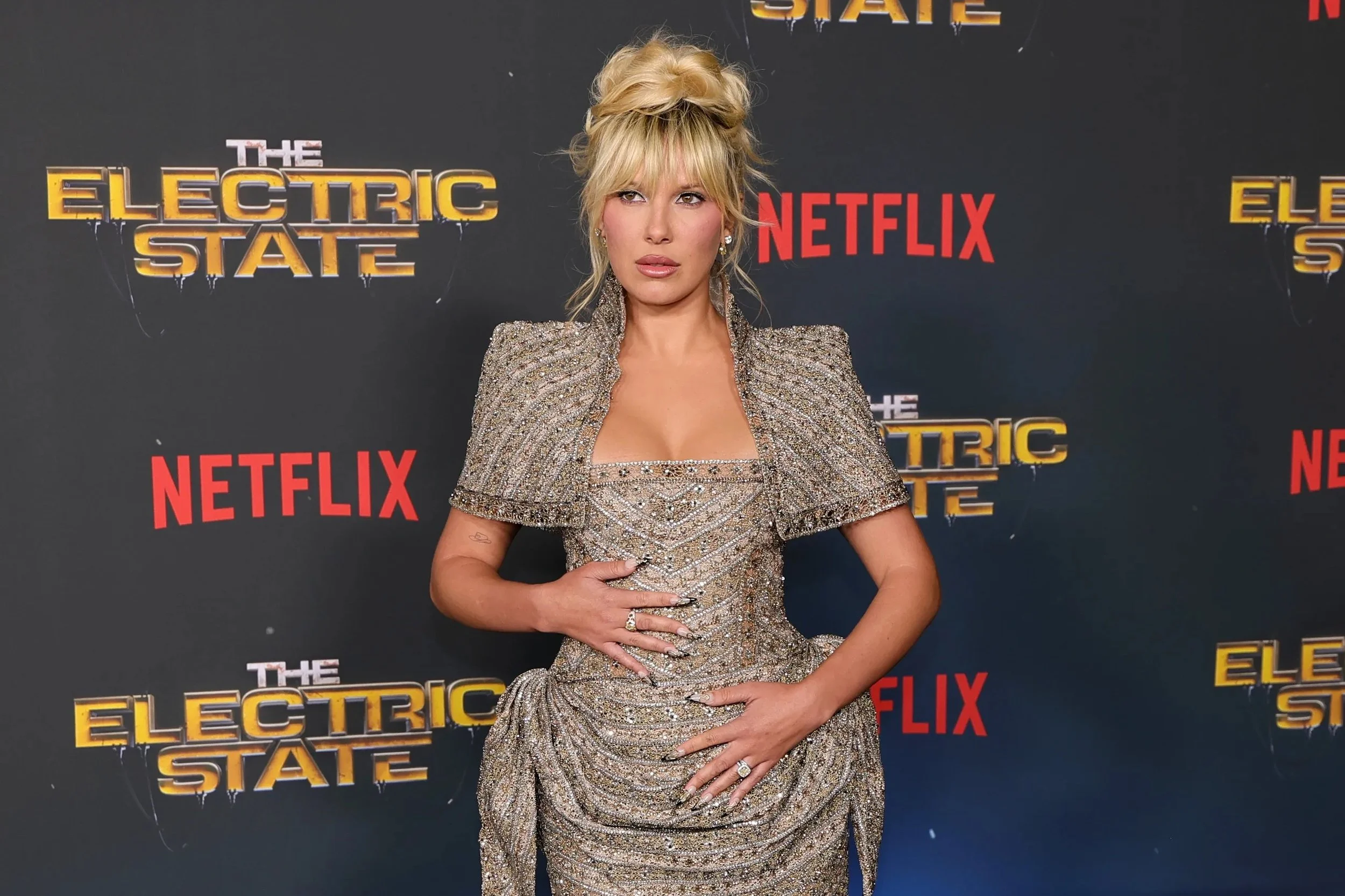Barbie is pregnant: How reactions to Margot Robbie’s pregnancy show that body shaming is alive and well
In modern society, a woman can do whatever she wants- as long as she looks good doing it.
With new photos surfacing in the press of Margot Robbie and her husband and newborn son in LA, I am prompted to consider again the recent events surrounding the world-famous actor which revealed, in no uncertain terms, the fickle and cutting state of the media which we interact with every day.
Margot Robbie is a successful actor whose career began in low-budget thrillers and the popular Australian soap opera, Neighbours. She was then rocketed to fame through a series of well-known roles in films such as About Time and The Wolf of Wall Street. She is known for her high-profile roles with other leading actors such as Leonardo DiCaprio and her recent starring role in Barbie, directed by Greta Gerwig, served to endear her to an even larger fanbase as a symbol of both femininity and feminism. However, headlines from the last year have only served to highlight that, so often, those two things are not permitted to co-exist in modern society.
Robbie’s astronomical rise to fame has often been as much attributed to her striking looks as to her acting talent, and this insatiable desire for people to attribute a woman’s success—or failure—to her looks is something I hadn’t considered much until the internet reacted to leaked photos of Margot Robbie on holiday with her husband, Tom Ackerley, in the middle of last year.
In the photos, fans quickly realised that Robbie was pregnant, something which she had not previously publicly announced. However, along with the news came the much harder to swallow realisation that body shaming, particularly for women in the public eye, is alive and well.
Commenters flooded onto social media platforms to describe her pregnancy body as “Margot Blobbie” and that “It’s like watching your favourite pub burn down”. It’s important to remember that these comments are designed to go viral. The viral nature of social media has shown many users that a well-worded insult can gain the poster thousands of likes and even new followers. As a result, many social media users are desperate to make the next ‘witty’, Shakespearean-esc dig, regardless of who they are affecting. In spite of the claim that problematic comments result in the original posters being cancelled or ostracised, the sharing and commenting features have meant that—when posted with enough edge and in a timely manner—insults like these garner recognition, not criticism.
Interestingly, newspapers like Tyla describe Robbie’s ‘legion’ of fans coming to her aid against these hurtful comments. However, many of the replies may not be as heroic as they are mean to be, and I can’t help feeling that they don’t strike the right tone. Crucially, almost all of the comments from Robbie’s fans, purportedly defending her, also comment on her body. Instead of rebuffing the insults about her looks by emphasising her value as an actor or a soon-to-be mother, many of those who sought to defend her make statements like “Literally how dare they. She looks absolutely STUNNING”.
While on the surface, rebuttals like these may seem to be an f-you in the face of the trolls who published nasty comments about Margot Robbie’s body, they merely continue the vicious cycle of equating a woman’s value to her looks, and nothing else.
In conclusion, despite what often feels like huge steps forward in the world of loving and accepting people beyond their physical appearance (Nicola Coughlan, for example, fighting back against the media calling her ‘brave’ for showing her body on screen), the darkness of body shaming is still alive and well in many public and private spaces. These comments—both the ones attacking Margot Robbie and those ‘defending’ her—tell us that a woman’s body is valued, first and foremost, for what it looks like. And as the popularity of Barbie-pink fades away into the background, we have to face the fact that we still have a long way to go.






